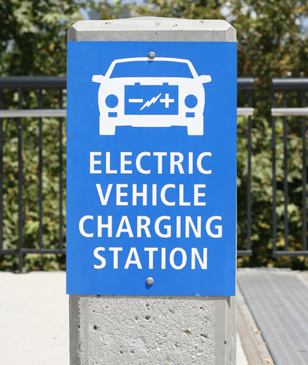Energy Storage and Conversion
Energy Storage
Technion researchers have made highly significant breakthroughs in the fabrication and successful operation of silicon-air batteries that have the potential to provide an autonomous power source for silicon-based devices with the introduction of advanced materials utilization and research optimization. Such advanced materials include improved anodes, thin and robust air cathodes, and electrolytes. Batteries based on Si-oxygen coupling should eventually outperform current battery technology. The proposed interdisciplinary research aims to facilitate breakthroughs in clean technology research on and applications for advanced materials in portable devices that will include transportation, healthcare, portable electronics and military applications. Silicon air batteries promise significant ecological benefits because of their small size, long shelf-life, and most significantly, the clean reversion of the silicon back to its original form as sand.
The Leona M. and Harry B. Helmsley Charitable Trust Energy Storage Complex
Fuel Cell Technologies
Technion researchers are working on improved ways to safely and efficiently generate clean energy on demand. Fuel cells are electrochemical devices that convert the chemical energy of a reaction between fuels and oxidants directly into electrical energy, and continue producing energy as long as the fuel and air are supplied. Fuel cells have many unique advantages over other methods of power generation: they are highly efficient, clean and silent, in addition to being reliable and easy to maintain. They can be scaled for use in a wide variety of applications ranging from personal electronic devices to industrial-scale power plants. The heat generated by larger fuel cells can be used as an additional energy source or to heat water and buildings in both residential and industrial applications.


